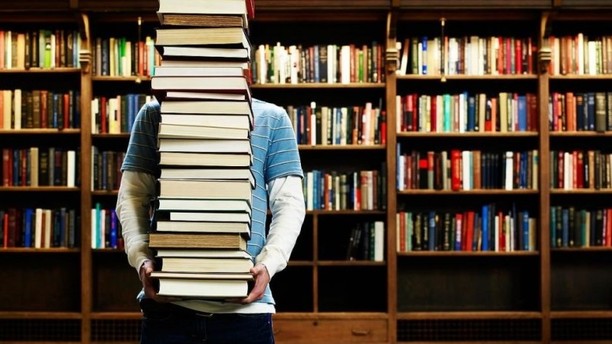
There’s a very good expression: “Warned, then armed.” As far as raising children is concerned, it is more relevant than ever. If the mother / daddy / grandmother / grandfather knows about the alleged problems, is aware of the age nuances of the development of their beloved grandfather, it will be easy for them to avoid many difficult situations, to keep the trust of the child.
Upbringing must begin with itself. Parents should be aware of three principles:
- Upbringing requires knowledge. It can be courses, trainings, self-education, which involves reading books, Internet sources. Just “grandma’s” advice and girlfriend advice isn’t enough. It’s a fact.
- In addition to knowledge, you need to be aware of your parental purpose: who, by what methods you want to bring up. You can just raise a child, you can develop his or her inclinations, or you can, as many people like to do, impose their ideas on him or her (for example, manically make a ballerina from the daughter of a potential artist or mathematician).
- The third principle is that the child is also human. He deserves love and acceptance. Even if he “drags” his skulls, listens to wild music and wears “bad” clothes. He must be loved, understood, respected, accepted. There’s no way without it.
In principle, you should read about education before the birth of a son/daughter. It will help to tune up, to define priorities in education. For example, Masaru Ibuka will tell you what to do before your child turns three, and Jean Ledloff will tell you how to raise a happy child. In general, there are quite a few books about the education of children and find just “his” is not difficult.

It is obligatory to read about age specifics, there are too many development crises – from 1 year to the most difficult and longest – teenager. Parents without special training at this time are no less difficult than the child himself. Therefore, it is necessary to make some efforts to make these periods go as on oil.
The boy’s moms and dads will be helped by publications like the book by Jan Grant, which tells about the peculiarities of boys, including in adolescence, their interests, passions, and explains various psychological nuances. And Irina Khankasaeva will tell about her daughters and sons. Besides, moms shouldn’t forget that they’re an example, a benchmark for a daughter. At least, they should be. An insecure, “battered” mother is unlikely to raise a confident girl.
Parenting is also a profession. It requires self-development, self-improvement, responsibility. Maybe when the vast majority of moms and dads understand and accept this, there will be more happy children in the world, from which then will grow up capable of self-realization, self-confident people.